National Assembly Majority Leader Kimani Ichung’wah indirectly called on President William Ruto to remove a disruptive figure from his administration. This occurred during a church service in Embakasi West. This figure was likened to a snake.
Ichung’wah, also the Kikuyu MP, cautioned Ruto. He warned that failure to expel this individual, believed to be Deputy President Rigathi Gachagua, jeopardize Ruto’s legacy.
The failure also impede his development initiatives. He referenced a biblical story to emphasize the urgency of addressing this issue. National Assembly Majority Leader Kimani Ichung’wah attended a church service in Embakasi West. During the service, he indirectly called on President William Ruto to remove a disruptive figure from his administration.
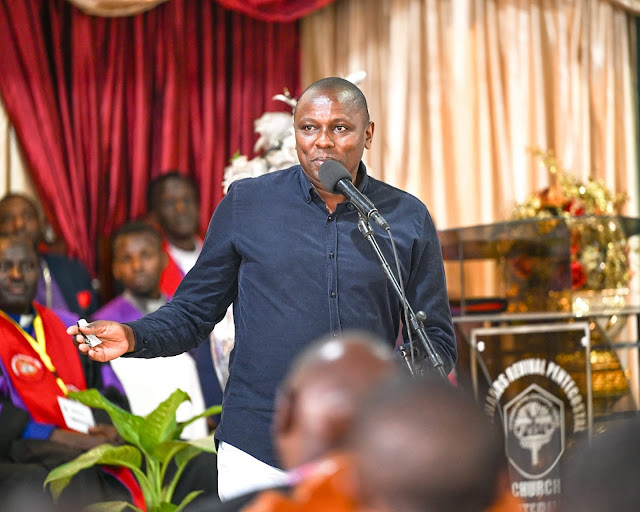
Ichung’wah’s remarks underscored concerns about certain government officials, particularly Gachagua, impeding Ruto’s governance and development plans. The MP’s analogy of a snake biting if not removed highlighted the potential consequences. These would occur if this individual were allowed to stay in power. Ichung’wah emphasized the importance of maintaining focus on the government’s objectives. He urged Ruto to take action promptly to avoid distractions that hinder progress.
The MP’s call for Ruto to rid his government of the perceived ‘snake’ reflects a broader narrative of internal challenges. These challenges exist within the administration. Ichung’wah used biblical references.
He also used symbolic language. His aim was to convey the seriousness of the situation. He stressed the need for decisive action. The message resonates with concerns about loyalty, effectiveness, and unity within the government. It urges Ruto to focus on the stability and success of his leadership by addressing internal disruptions promptly.
The incident highlights the complexities and tensions within the political landscape, particularly about power dynamics and internal conflicts. Ichung’wah’s public statement serves as a reminder of the delicate balance required in governance. It also highlights the challenges of managing internal dissent and discord.
The narrative underscores the significance of leadership decisions in maintaining cohesion. These decisions are crucial for advancing the government’s agenda amidst internal pressures and external scrutiny.

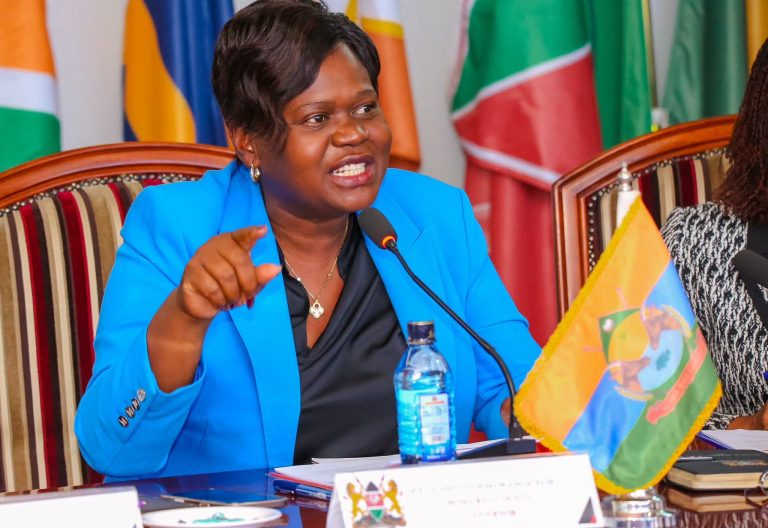


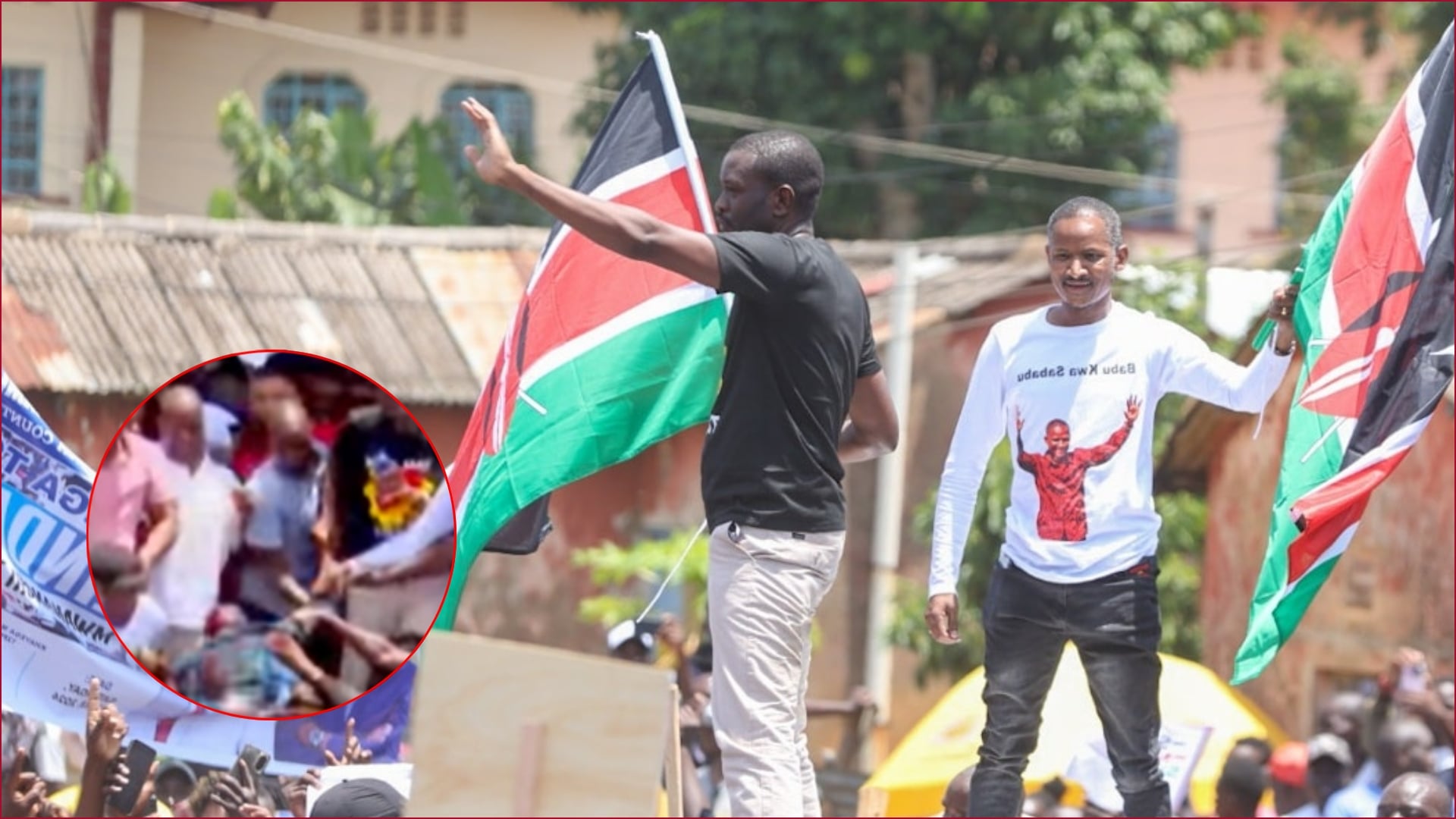

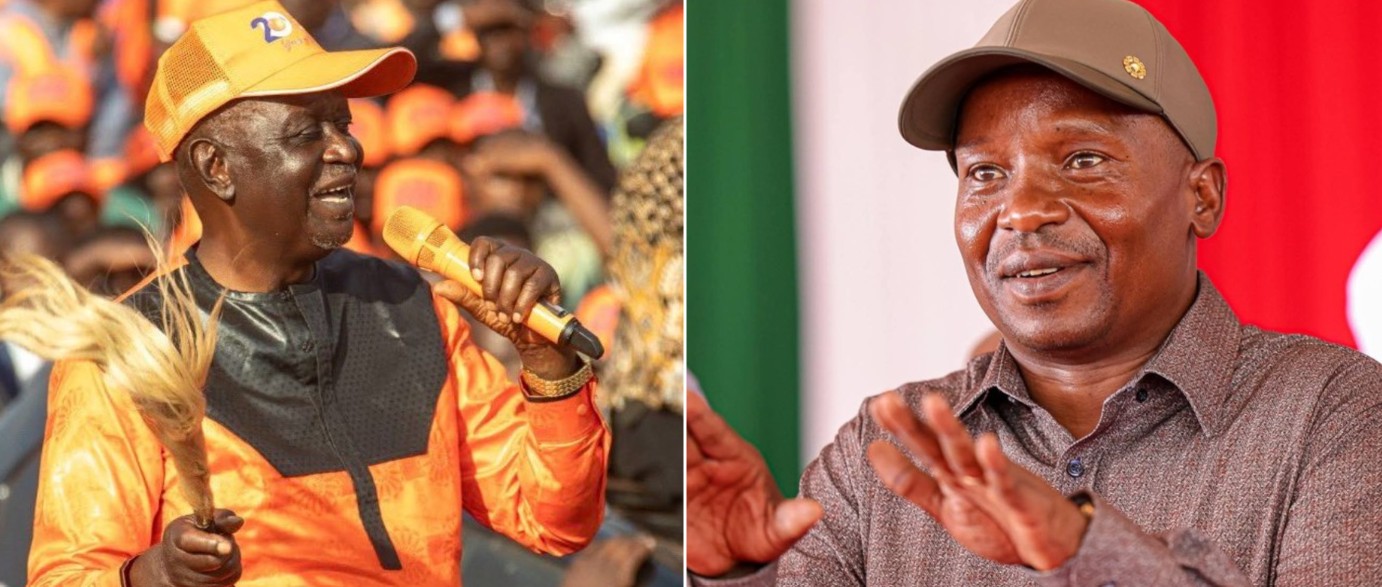
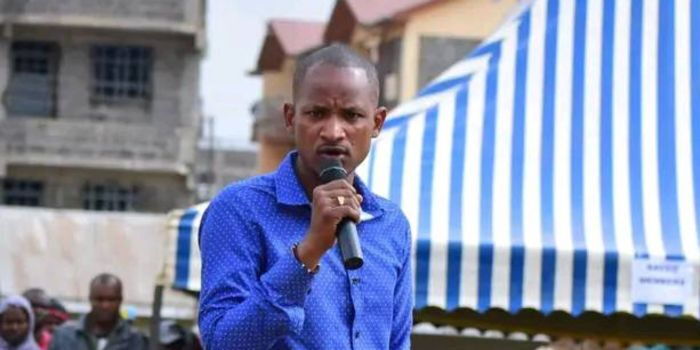
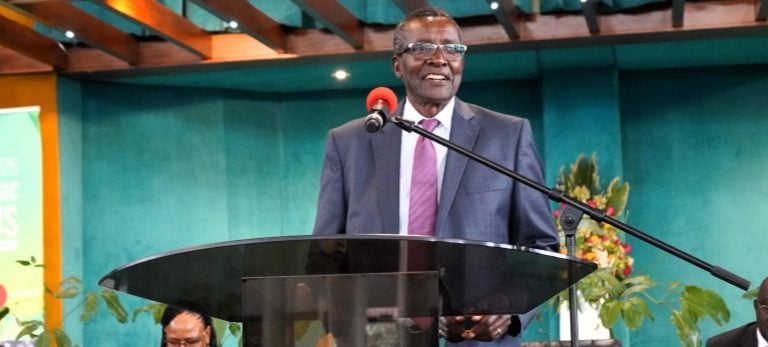
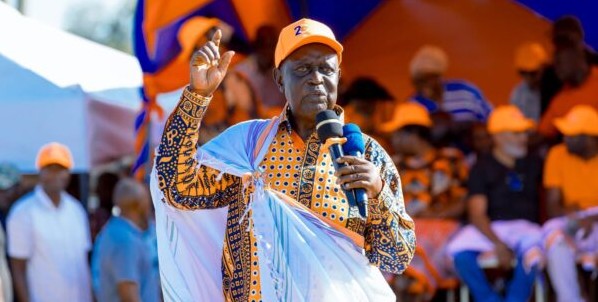
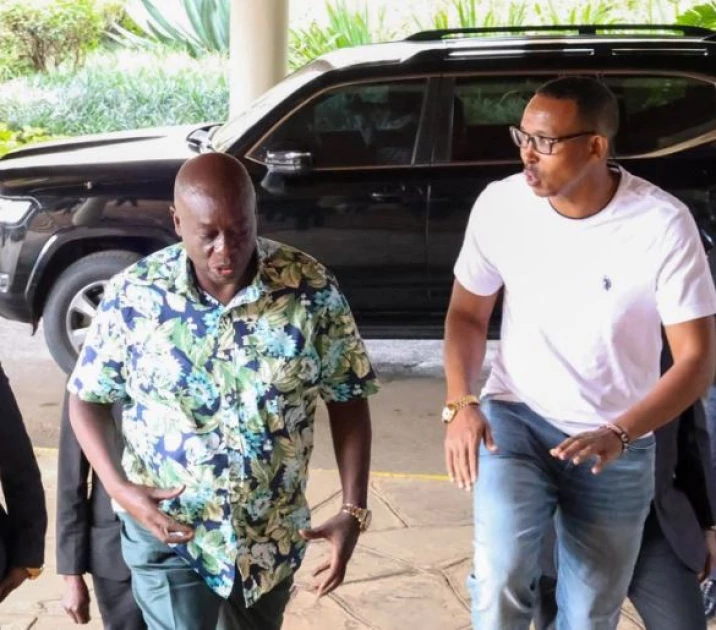
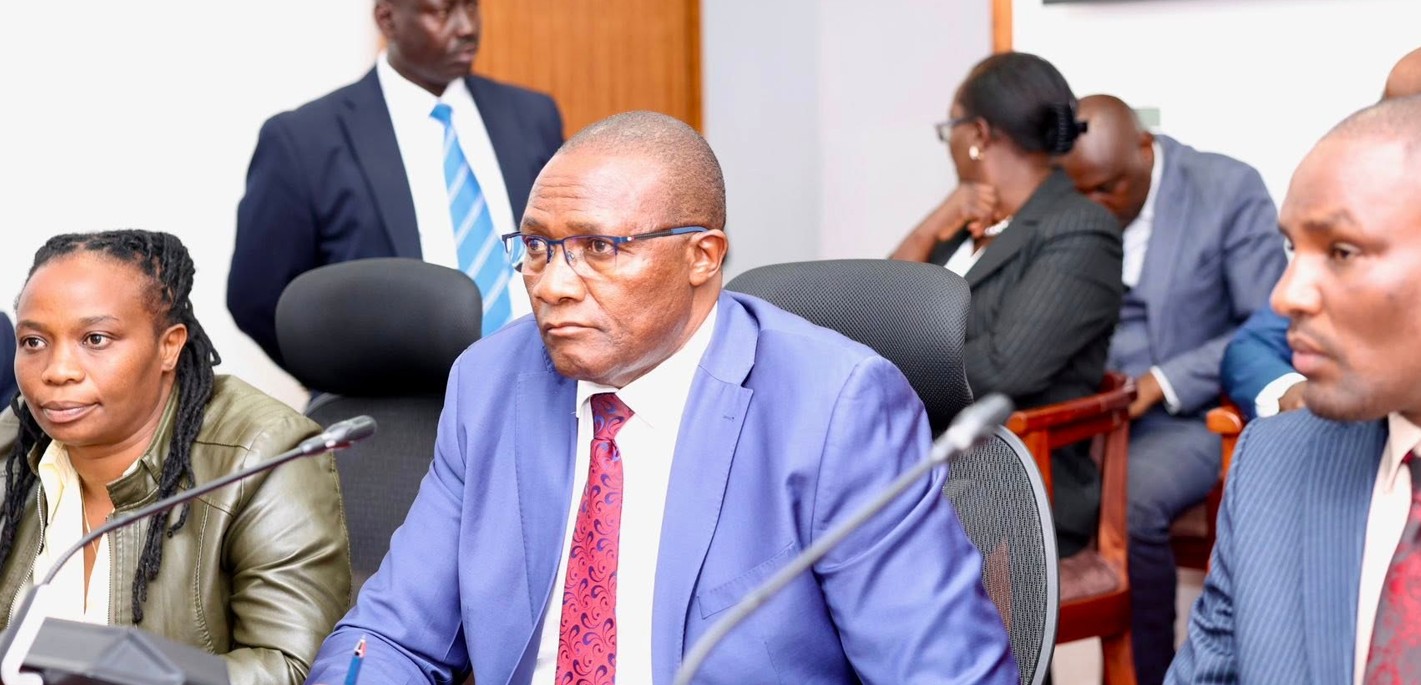
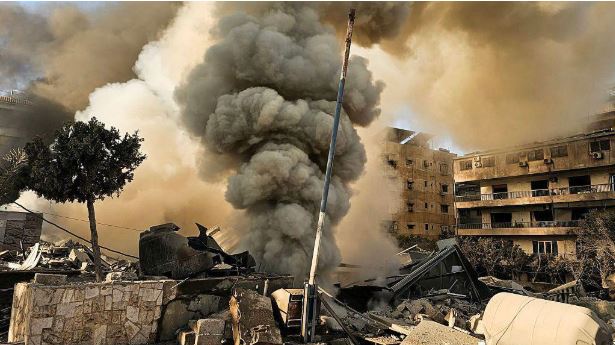
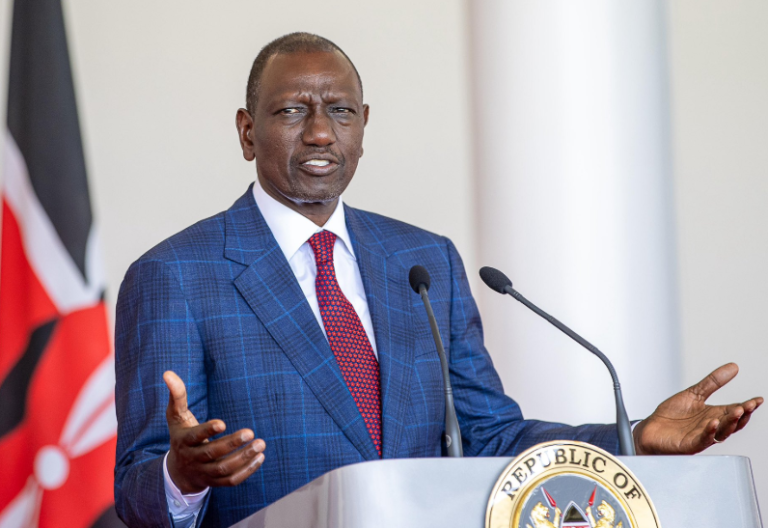

Leave a Reply